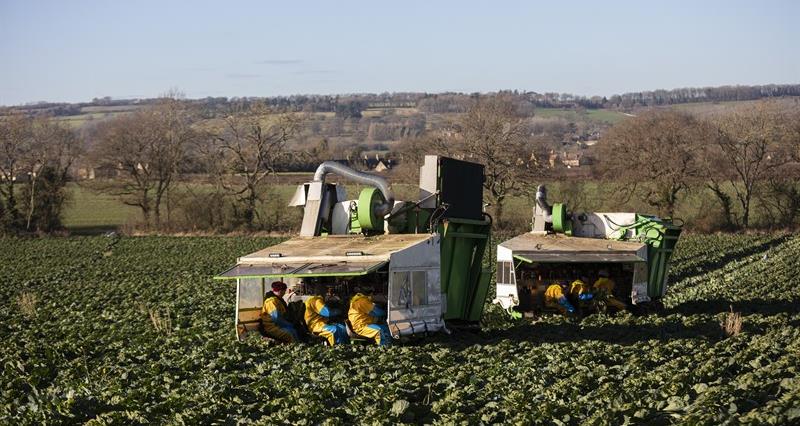The SOL identifies occupations where employers are struggling to recruit sufficiently from the domestic workforce and migration is considered an appropriate alternative. Inclusion on the SOL grants an occupation more favourable migration conditions, with the aim to increase the pool of applicants for a role and reduce labour shortages.
The MAC was asked to review the following aspects of the SOL:
- Which occupations on the current SOL should continue to be included and which should be removed.
- Which occupations, if any, based on the evidence provided by stakeholders should be added to the SOL.
- Whether the salary requirement for shortage occupations should, in future, be whichever is the higher of the going rate or £20,480.
NFU survey results
The NFU has surveyed 506 members on their experiences with labour shortages as part of its response.
Most worryingly, to minimise the impact of a shortage of labour on their business, 41.5% of respondents who are struggling to recruit and retain workers have reduced their production levels. This will be of great detriment to British food production.
“It’s disappointing that the evident shortages impacting the agriculture industry haven’t been recognised. We know farmers are having difficulty recruiting long-term for vital roles in their farm businesses."
NFU Deputy President Tom Bradshaw
You can read our deeper dive into the findings from our survey further down the page.

